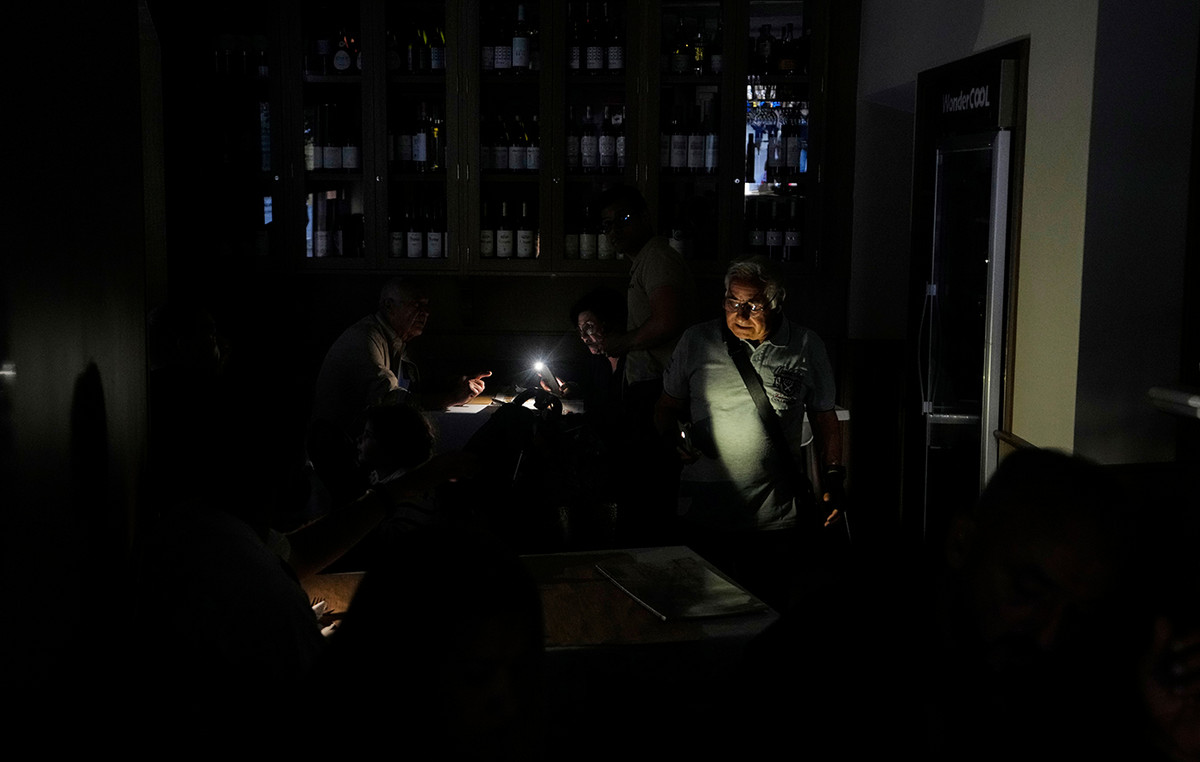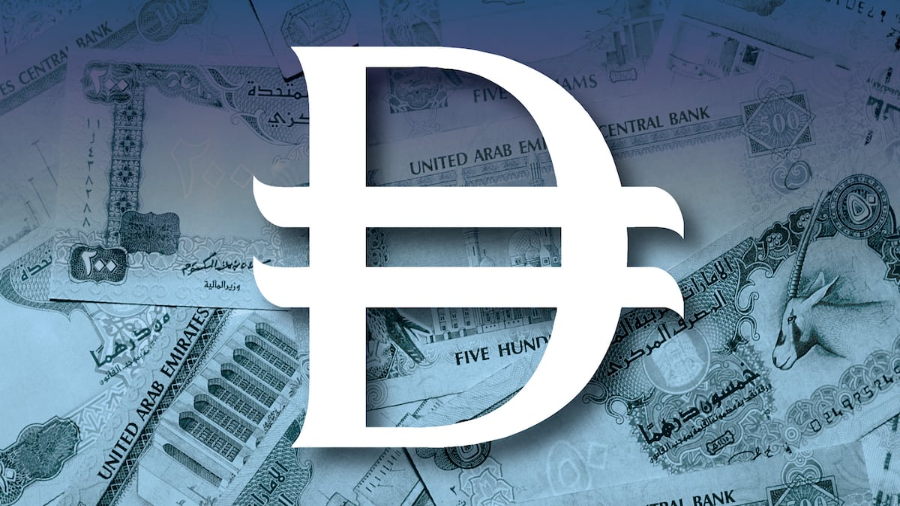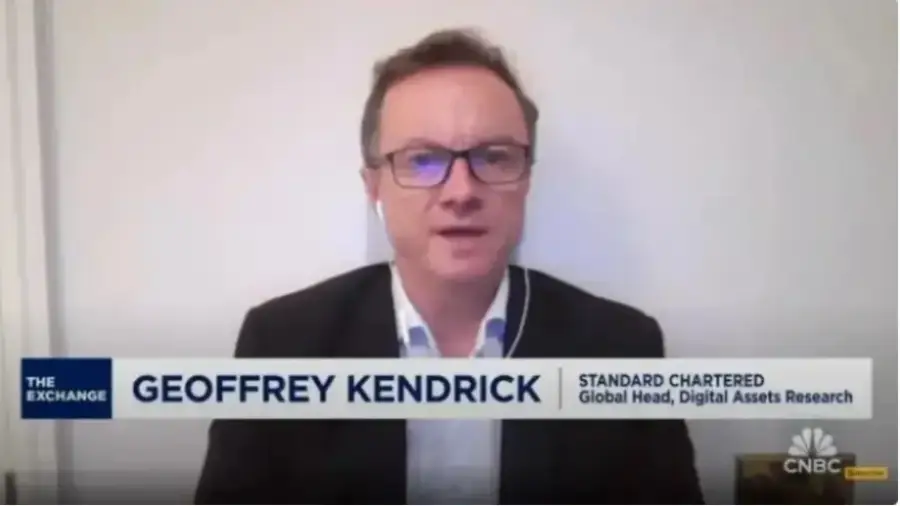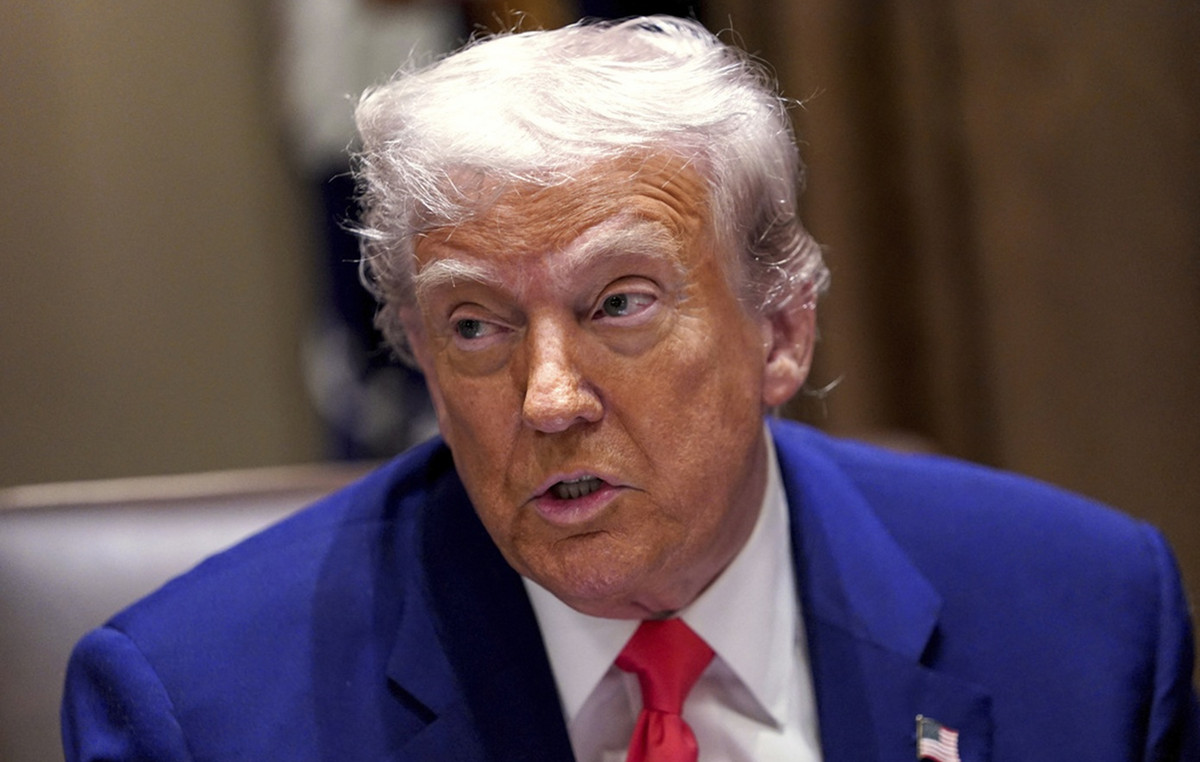This regulatory fee, a so-called quasi-tax, will be levied on financial institutions supervised by the Financial Supervisory Service (FSS) of South Korea. According to the Act on the Protection of Users of Virtual Assets, the FSS will be able to conduct inspections of crypto exchanges. From 2025, all South Korean trading platforms will be supervised by the FSS, and large operators will begin to pay a fee for inspections conducted by the agency.
The quasi-tax applies to companies whose operating income exceeds 3 billion Korean won ($2.1 million) for the previous fiscal year.
For example, in 2024, crypto exchange Upbit’s fee at a rate of 2.686818 per 10,000 won of operating income ($7.3) should be about 272 million won ($199,388), while Coinone and Gopax will have to pay approximately 6.03 million won ($4,422) and 830,000 won ($608), respectively.
Most local cryptocurrency trading platforms, with the exception of Upbit and Bithumb, continue to suffer operational losses. Despite these losses, exchanges like Coinone and Gopax will still have to pay a regulatory fee.
In July, South Korean authorities proposed postponing the start of collecting a 20% tax on income from crypto transactions until 2028 in order to have time to work out legislation for digital assets.
Source: Bits
I am an experienced journalist, writer, and editor with a passion for finance and business news. I have been working in the journalism field for over 6 years, covering a variety of topics from finance to technology. As an author at World Stock Market, I specialize in finance business-related topics.







